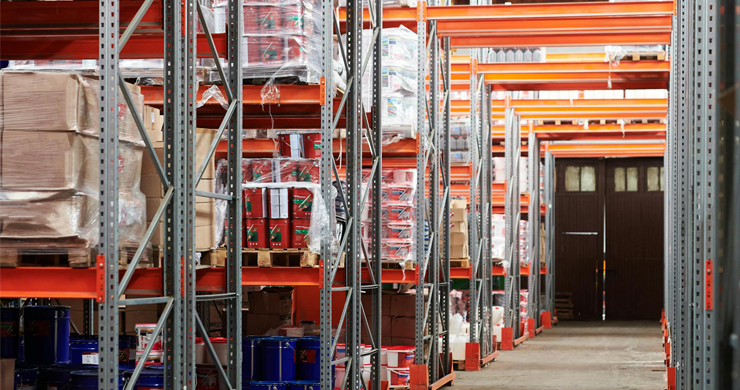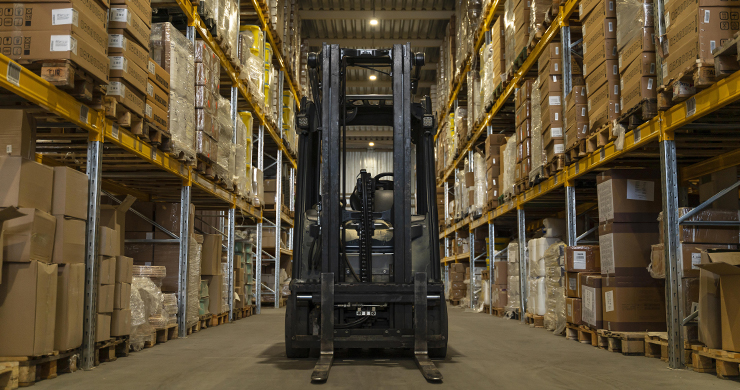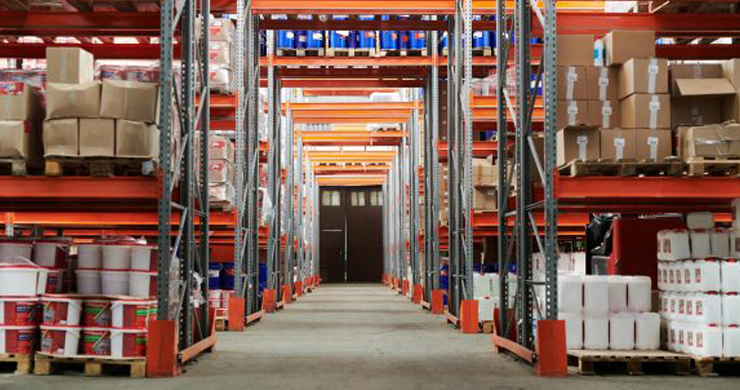Reducing waste in warehouse operations not only improves efficiency and reduces costs, but also contributes to a company’s sustainability and environmental responsibility. In this article, we explore effective strategies for minimizing resource waste and optimizing warehouse operations.
Implementation of a Warehouse Management System (WMS)
- Inventory optimization: An advanced WMS enables accurate inventory management, avoiding overstock and shortages. This reduces waste associated with obsolete or spoiled products, ensuring that only the required quantity of each item is stocked.
- Inventory rotation: Using inventory rotation techniques, such as FIFO (first in, first out) and FEFO (first expired, first out), ensures that products are used in the right order, minimizing the risk of expiration or deterioration.
Improved picking and packing processes
- Batch picking: Implementing batch picking strategies can reduce the time and effort required to pick multiple orders, improving efficiency and reducing wasted time and resources.
- Sustainable packaging: Use recyclable packaging materials and design packages that optimize space and protect products effectively. Reducing the use of unnecessary materials and opting for sustainable options contributes to reducing waste and improving sustainability.
Automation and technology
- Robotics and automation: Automation of repetitive processes through the use of robots and automated systems can significantly reduce wasted time and resources. These systems are accurate and consistent, minimizing errors and improving operational efficiency.
- IoT sensors: Implementing Internet of Things (IoT) sensors enables real-time monitoring of warehouse conditions, such as temperature and humidity. This ensures that products are kept in optimal conditions, reducing waste due to spoilage.
Training and personnel management
- Ongoing training: Investing in ongoing staff training ensures that employees are aware of best practices and techniques to reduce waste. Training in the efficient use of resources and proper inventory management is essential to minimize waste.
- Incentive programs: Implement incentive programs to reward employees who identify and implement effective measures to reduce waste. This fosters a culture of sustainability and continuous improvement within the warehouse.
Planning and forecasting
- Predictive analytics: Use predictive analytics tools to anticipate demand and plan inventory accordingly. This helps avoid the accumulation of unwanted products and reduces the risk of waste due to obsolescence.
- Supply chain management: Work closely with suppliers and logistics partners to ensure an efficient and synchronized supply chain. Coordinated planning can reduce excess inventory and optimize product flow, minimizing waste.
Sustainability and energy efficiency
- Energy efficiency: Implement measures to improve warehouse energy efficiency, such as the use of LED lighting, efficient heating and cooling systems, and renewable energy sources. This not only reduces energy waste, but also lowers operating costs and carbon footprint.
- Recycling and waste management: Establish recycling and waste management programs to reduce waste in the warehouse. Separating and recycling materials such as paper, plastic and metal, and properly managing hazardous waste contributes to environmental sustainability.
Monitoring and continuous improvement
- Regular audits: Conduct regular audits of warehouse operations to identify areas of waste and opportunities for improvement. These audits can provide valuable information to implement changes and improve operational efficiency.
- Key Performance Indicators (KPIs): Establish and monitor key performance indicators related to waste reduction and sustainability. KPIs enable progress to be evaluated and strategies to be adjusted to achieve better results.
Conclusion
Reducing waste in warehouse operations is essential to improve efficiency, reduce costs and promote sustainability. Implementing a warehouse management system, improving picking and packing processes, automating tasks, training personnel, proper planning, and adopting energy efficiency and recycling measures are effective strategies to minimize waste. Adopting these practices not only benefits the company, but also contributes to a more sustainable and responsible future.





